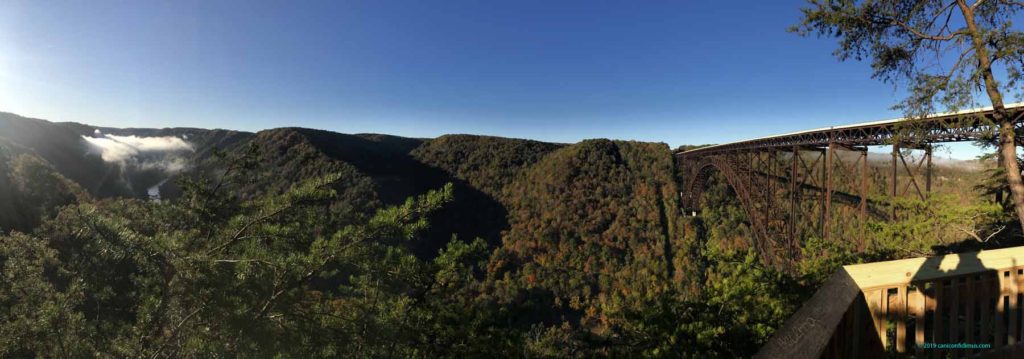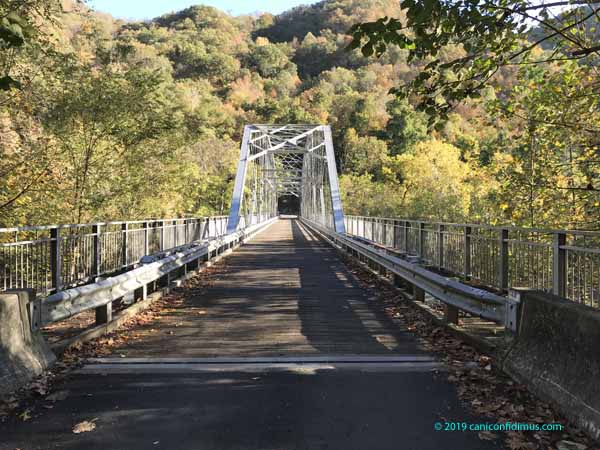The New River rises in the Blue Ridge Mountains near Boone, NC, flows within the crests of the Appalachians through Virginia and then into West Virginia, where it passes through the New River Gorge. It is thought to be a very old river, maybe only as old as three millions years, maybe as old as 320 million years. Some people think it is the second oldest river in the world, but some think perhaps it is not even the oldest in North America. My brother Henry subscribed to the very-old school of thought.
Henry wanted his ashes scattered in the New River because he wanted to be as close to the creation as possible. That has not been done yet. I’m not certain that his wife will ever do it. It’s a long drive from Chattanooga. We have not had any communication with her since the summer after Henry died, so we don’t know what her plans might be.
But for me, it was time to do something. So I scooped up some ashes from our stove and put them into a small cardboard box. Then, on Wednesday, I started out for the New River Gorge Bridge.
I got there too late in the evening to do anything, so I spent the night in a hotel not far from the bridge. Thursday morning I drove to the visitors’ center on the north side of the gorge to get a look at the bridge and the river, far below. Pedestrians are not permitted on the bridge except for one special day every year, and this was not the day.

I viewed the bridge from the overlook, and then drove the narrow, winding road down deep into the gorge. At the bottom of the gorge there is an old bridge that was once the only way people wanting to go from one side of the gorge to the other could go.
I crossed the wood-floored bridge and parked on the other side of the river. Then I walked out onto the bridge to take a look. The new bridge is so high above the river that it’s hard to see the scale. But Henry was not interested in the bridge, only the river.

I helped a couple of women get some photos of themselves with the bridge in the background, and then waited for them and one other tourist to leave. Then I opened the box of ashes and scattered them.
There was a steady breeze from the east. It took the ashes away. They billowed out in a thin cloud that almost sparkled. I had wondered whether I would have any sense of Henry, despite the purely symbolic nature of the act. But I did not. I thought to take a photo of the sparkling ashes, but by the time I got my camera out the cloud of ash had dissipated and disappeared.
Then I thought, that was like Henry. The ashes were there in a cloud, and then they were not. And Henry was here, with us, and then he was not. That was the closest I felt to him.

One day Henry’s wife may decide to take Henry’s ashes and scatter them into the river, and maybe she won’t. Maybe she already has. If she hasn’t, maybe she will ask us to come with her. And maybe not. However that happens, I think I have done my duty to Henry and his memory.
What a beautiful, heartfelt, compelling ritual you did. So much love in your heart for Henry, it will stay there forever. I think love must be like these old rivers, flowing on and on always. Thank you for sharing this, Mark. Truly an act of love.
Robin — Thanks. I have been wanting to do this for quite a while.